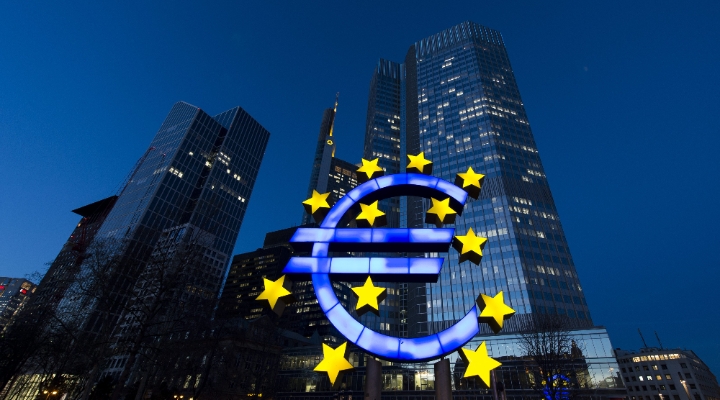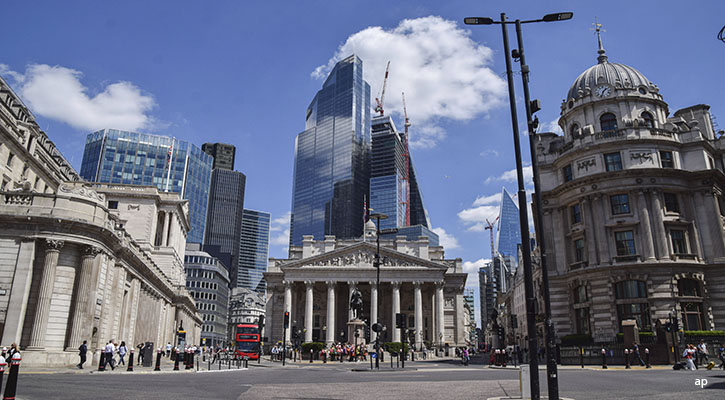
The inflation narrative switched from "transitory" to "sticky" in 2022 and 2023; today the markets are anticipating rate cuts as disinflation kicks in. Are they being too confident?
Markets rallied in mid-December when the Fed intimated it was ready to pivot to monetary easing. But recent consumer price inflation (CPI) data from the Eurozone and the US suggests the journey towards target inflation will be an uneven one.
Will There be an Uptick in UK Inflation?
The UK is not expected to escape this trend, and we are due to find out this week whether CPI has ticked up again after a big drop in the last few months of the year.
CPI hit 11.1% in October 2022 and has fallen back to 3.9% in November 2023. We'll set aside politicians claims to have "halved" inflation by the end of the 2023 and take guidance from the Bank of England (BoE), which in its latest meeting in December remained cautious.
The bare numbers have been encouraging for UK households, which have been squeezed by the cost-of-living crisis and soaring mortgage rates. Our chart shows the dramatic rise and fall of CPI and rates in the last two years or so. (UK interest rates were 0.10% in December 2021 and are now 5.25%, a seismic shift that has taken many by surprise.)
Markets are forecasting a 3.8% rise in inflation in December, still almost double the official inflation target. Officially, the BoE and the Office for the Budget Responsibility (OBR) now expect CPI to hit its official target of 2% in 2025.
As such a surprise uptick in inflation in the coming months can't be ruled out, and that will justify ongoing caution from rate setters keen to see inflation vanquished for good before cutting. Indeed, economic theory suggests inflation is hard to banish once it becomes "embedded" in the system – which was the original argument against quantitative easing after the financial crisis.
Governor Andrew Bailey told MPs in November not to focus too much on the CPI number and its apparent slide. "I really think the market is putting too much weight on the current data releases and the fact that we've seen inflation come down quite rapidly – that's good news obviously," he said.
"We are concerned about the potential persistence of inflation as we go through the remainder of the journey down to 2%, and I think the market is underestimating that."
No 'Mission Accomplished' Rhetoric Just Yet
The BoE also looks at factors such as employment and wage data before deciding rates.
It can be argued falling inflation is already in motion as UK mortgage rates have begun to be cut in anticipation of rate cuts this year. Petrol prices were falling before the Red Sea attacks, while there are tentative signs that food inflation is starting to ease. On the negative side, however, energy prices are expected to nudge up again as the Ofgem price cap lifts this month; and a cold spell in the UK in January has pushed gas prices up again.
So don't expect any "mission accomplished" rhethoric from the BoE next month. On February 1 we get the Bank's latest monetary policy report and more forecasts for inflation in 2024 and beyond, plus the inevitable questions about the timing of rate cuts.
In December it said: "monetary policy will need to be sufficiently restrictive for sufficiently long to return inflation to the 2% target sustainably in the medium term."
As part of our 2024 outlook week we collected investment banks' forecasts for UK rate cuts; no doubt these will seem out-of-date very quickly as the year progresses. Goldman Sachs were the most doveish, expecting the first rate cuts in February or March.





























